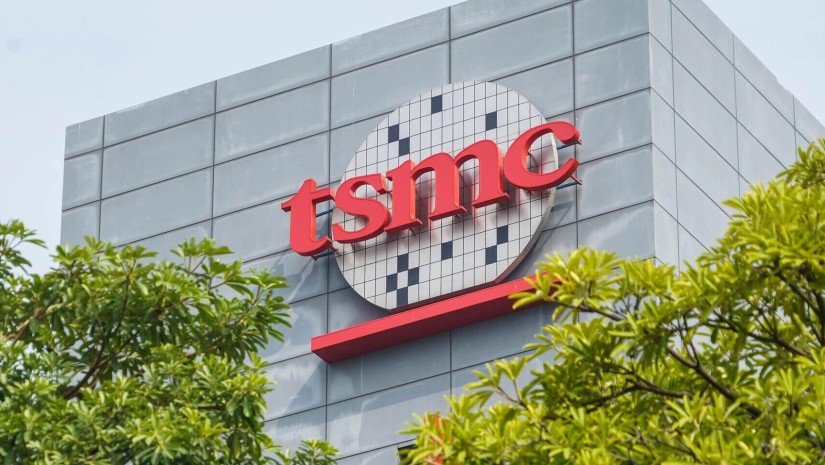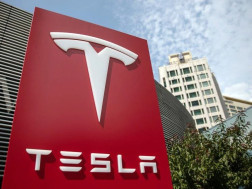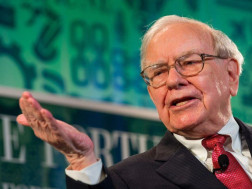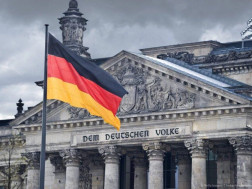Taiwanese chipmaker TSMC has approved a plan worth $3.8 billion (€3.47 billion) to build a factory in the eastern German city of Dresden, it announced after a board meeting on Tuesday.
TSMC is the world's largest contract chipmaker. It has been in talks with the eastern German state of Saxony, where Dresden is located, since 2021 about building a fabrication plant, or "fab."
The plant, due to open in 2027, is set to have a capacity of 40,000 300-millimeter wafers per month.
"With this TSMC investment, another global player in the semiconductor sector is coming to Germany. This shows that Germany is an attractive and competitive location," German Economy Minister Robert Habeck said in a statement.
TSMC is also investing $40 billion in a new plant in the western US state of Arizona. The chip giant said in its statement on Tuesday that it approved a capital injection of not more than $4.5 billion for that plant as part of the overall investment.
How is the TSMC Germany plant funded?
Auto parts maker Bosch and semiconductor maker Infineon, both German, and the Netherlands' NXP, will build the plant together with TSMC, with a total investment exceeding €10 billion.
TSMC will hold 70% in the joint venture, while the other three will each hold 10%.
According to the business daily Handelsblatt, Germany has agreed to pitch in with 5 billion from the government's climate and transformation fund for the construction.
The European Commission has the final say on this subsidy funding.
Why is Germany seeking to attract chip facilities?
In June, Germany signed an agreement with Intel paving the way to build two semiconductor facilities in the eastern city of Magdeburg.
Chancellor Old Scholz called Intel's investment in the facilities the biggest direct foreign investment in German history. And Habeck, who also serves as Germany's vice chancellor, said the deal was "an important contribution to growing European sovereignty."
On Tuesday, Scholz called the plans an important step towards "Germany's viability in the future."
"Germany is now probably developing into the largest location for semiconductor production in Europe," Scholz said, adding that the country was a "good business location."
He said that the project is "important for the resilience of production structures around the world."
The German push is part of a wider European rush to attract semiconductor and computer chip manufacturers to better protect their supply chains.
This came as industries were hit by semiconductor shortages during the COVID-19 pandemic.
The EU has already approved a €43 billion subsidy plan to double its chipmaking capacity by 2030.
Manufacturers in China, Taiwan, South Korea and Japan have the highest production worldwide.
Taiwan, the semiconductor superpower
Why Dresden?
The eastern German city and the state of Saxony have been the epicenter of chip production in Europe, a tag they have held since pre-German unification days.
Today, every third semiconductor made in Europe comes from Saxony, according to industry association Silicon Saxony.
The Dresden semiconductor chip technology cluster has seen continuous growth over the past two decades, attracting billions of dollars in investments. There are more than 2,500 companies, including the likes of Infineon, Globalfoundries and Bosch, employing roughly 76,000 employees in the region.
Frank Bösenberg, managing director of Silicon Saxony, says it's the "cluster effect" that makes the region so attractive to global chipmakers.
"There is a vast amount of knowledge available in the field and a rich history," he told DW.
The region also benefits from the presence of prominent research institutes and universities such as Fraunhofer and Technical University Dresden, one of the foremost technical institutions in Germany, DW reports.























